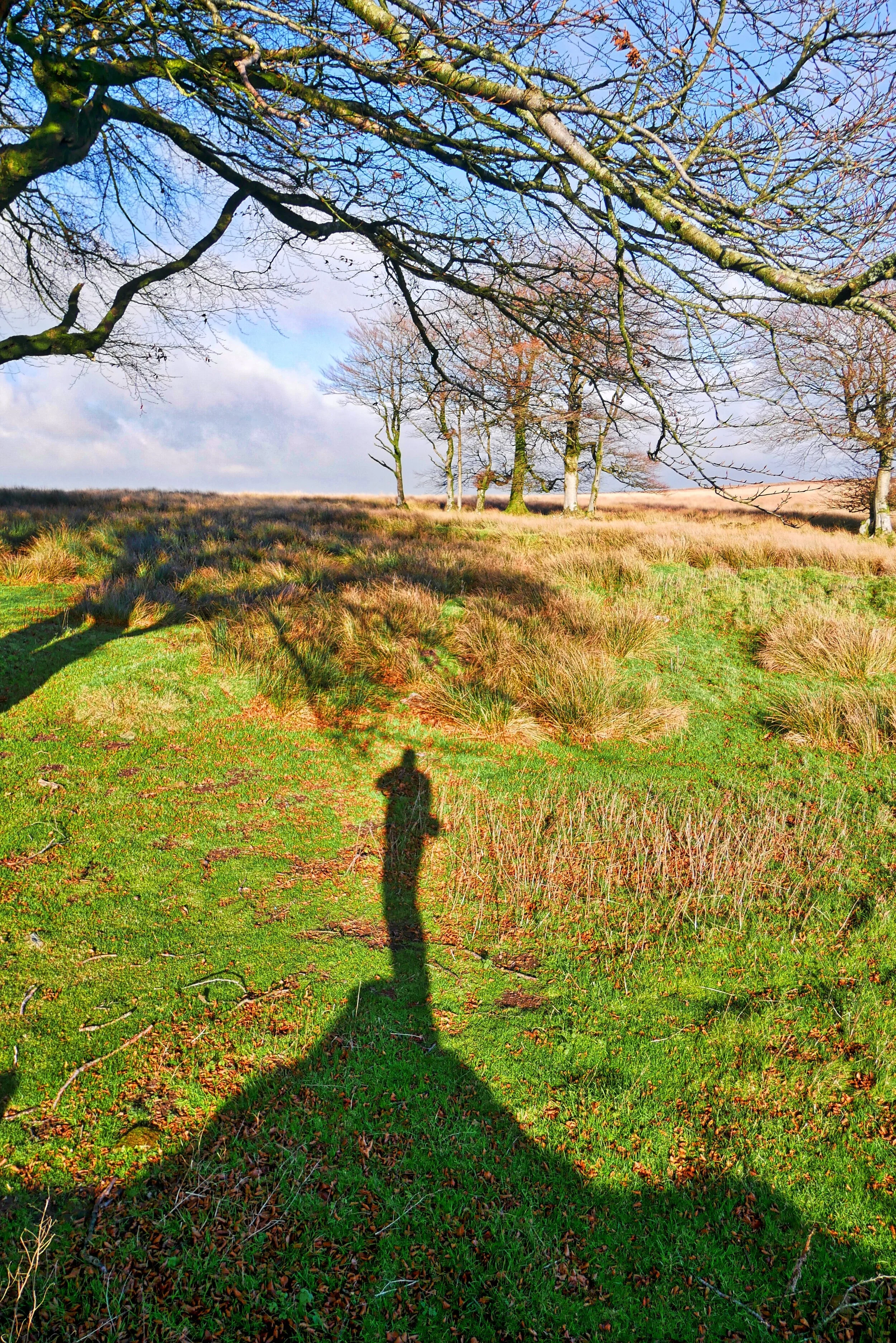Exmoor Walks: Mineral Line Valley
Someone asked how I cold possibly stay in lockdown for more than 60 days. These photos perhaps provide part of the answer - I took them all on a 30 minute dog-walk just now.
If you live somewhere like this perhaps you don’t need to be belting around the place looking for somewhere else to go.
What would we do without red campion? Of all the hedgerow flowers we see in the West Country, this delightful little pink marvel must be one of the most prolific and most constant.
I say constant because very few months seem to go by without a sighting of its pretty flower. There’s one up the lane from where I live nodding its pretty little head at the moment - despite the fact that the deep old pack-horse trail where it grows was deep in snow just a week ago. The world seems just that little bit milder for having seen it.
Best not pick it – people used to believe that if you did, your father would die. Why they used to think such a thing – and what logical connections the idea had with anything to do with reality, I cannot imagine.
The other big belief about red campion was that its seeds were capable of curing the agonies of an adder bite. How you managed to pick the plant in order to pound up the seeds and save the snake-bite victim without also killing your father, tradition doesn’t say.
Nor, of course, does any learned folklore tome anywhere tell us who discovered this useful anti-venom ability, or how. But so widespread was the belief that campion is also known as adders’ flower.
It enjoys other names too – like jack-by-the-hedge, cuckoo-flower, red mintchop, soldiers’ or batchelors’ buttons and scalded apples. Batchelors’ buttons might suggest it was once worn as a buttonhole by young unmarried men - as for the latter name, I have no idea. Campion looks nothing like apples, scalded or otherwise.
I’m told the root was sometimes used as a soap substitute for washing clothes – apparently people used to simmer the roots in hot water, then mash them up to make a slippery substance. Maybe they did. But I have seen a campion root and there isn’t much to it. You’d need an awful lot of dead campions – and therefore possibly numerous dead dads – to tackle the average family washing basket.
Its Latin name is silene dioica – the genus silene is a large grouping with around 700 species of annuals, biennials and perennials. Red campion grows right across Northern Europe and in some places they used to believe it offered protection against scorpion stings.
Like so many old fashioned beliefs, though, it would be pleasant to learn that this were true. Not that there’s any way would I ever want to be in the position where I had to put the theory to the test.
Oh, and please don’t forget to purchase a. book of my coronavirus shorts stories - of the mood takes you, that is. All about raising funds for Hospice UK - Tales From the Lockdown























